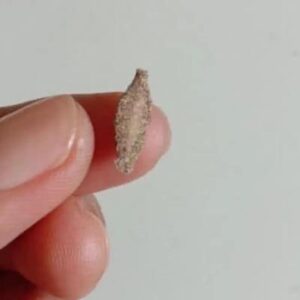When you hear “portholes,” you might think of ships—but they’re also used on cows. Known as fistulas or cannulas, these surgically installed openings provide access to a cow’s stomach for research. Though controversial, this decades-old practice allows scientists to study digestion, improve feed, boost milk production, and reduce methane emissions.
Used since the 1920s, portholes help researchers monitor the rumen without repeated surgery. Cows reportedly live normal lives after recovery, often longer than average, though the surgery involves discomfort.
Supporters argue it enhances sustainability and animal health, while critics, including animal rights groups like France’s L214, call it invasive and cruel. Some cows are even displayed at agricultural fairs, fueling ethical concerns.
Alternatives like lab-simulated digestion models exist, but many scientists still value real-time animal data. As awareness grows, so does the debate—raising questions about balancing progress with animal welfare in modern farming.





